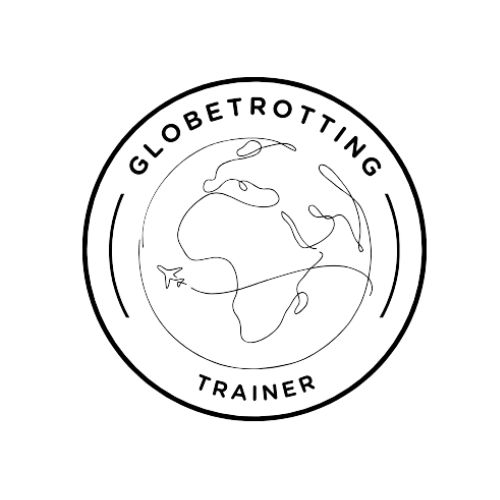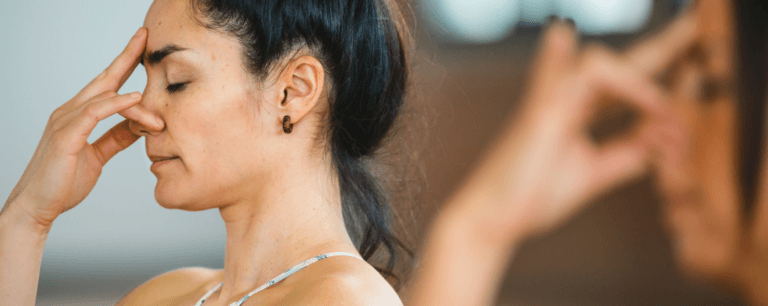Reiki and its Health Benefits
Reiki is a form of energy healing that originated in Japan in the early 20th century. The term “Reiki” is derived from the Japanese words “rei,” meaning universal, and “ki,” meaning life energy. This practice is based on the idea that an unseen life force energy flows through us, and when this energy is low or blocked, we are more likely to experience stress, illness, or other physical and emotional issues. Reiki practitioners aim to channel this energy into the recipient to promote healing and balance on all levels—physical, emotional, mental and spiritual.
Let’s discover how this ancient practice can enhance your overall health, promote relaxation and support emotional well being.
How Reiki Works
During a Reiki session, the practitioner places their hands lightly on or just above the recipient’s body in a series of hand positions. These positions correspond to major energy centers or chakras, as well as specific areas of concern. The practitioner acts as a conduit for the universal life energy, allowing it to flow through their hands into the recipient. The energy is believed to go where it is needed most, aiding in the body’s natural healing processes.
Health Benefits of Reiki
Reiki is often sought after for its wide range of potential health benefits, which include:
Stress Reduction and Relaxation: One of the most well-known benefits of Reiki is its ability to promote deep relaxation. Many recipients report feeling more calm and at ease after a session, which can reduce stress and its associated symptoms, such as anxiety and insomnia.
Pain Relief: Reiki is frequently used as a complementary therapy for pain management. By helping to release tension and blockages in the body’s energy flow, Reiki can alleviate both chronic and acute pain, including headaches, arthritis and muscle tension.
Emotional Healing: Reiki can help balance the emotions, providing relief from feelings of sadness, anger or fear. It can be especially beneficial for those dealing with grief, trauma or emotional burnout. The calming effects of Reiki may also support mental clarity and enhance one’s overall mood.
Improved Sleep: Because Reiki helps to reduce stress and promote relaxation, it can lead to better sleep quality. Regular sessions may assist those who struggle with insomnia or have difficulty falling or staying asleep.
Enhanced Healing: Some believe that Reiki can accelerate the body’s natural healing processes. It is often used in conjunction with conventional medical treatments to support recovery from surgeries, injuries and illnesses by enhancing the body’s energy levels.
Boosted Immune System: Reiki may help strengthen the immune system by balancing the body’s energy and reducing stress, which is known to suppress immune function. A stronger immune system can help prevent illness and support overall health.
Spiritual Growth and Self-Awareness: For many, Reiki is not just a physical healing practice but also a spiritual one. It can foster a deeper connection to oneself and the universe, promoting inner peace, self-awareness and spiritual growth.
Who Can Benefit from Reiki?
Reiki is suitable for people of all ages and health conditions. It is a non-invasive therapy that can be used alone or as a complement to other treatments. While scientific evidence on Reiki’s effectiveness is still limited, many individuals report significant improvements in their overall well-being after receiving Reiki.
Reiki is a holistic healing practice that addresses the body, mind and spirit. Its potential benefits—ranging from stress relief to pain management and emotional healing—make it a valuable tool for promoting overall health and wellness. Whether you’re seeking to complement medical treatments or simply want to enhance your sense of inner peace, Reiki offers a gentle, non-invasive approach to achieving balance and harmony.







